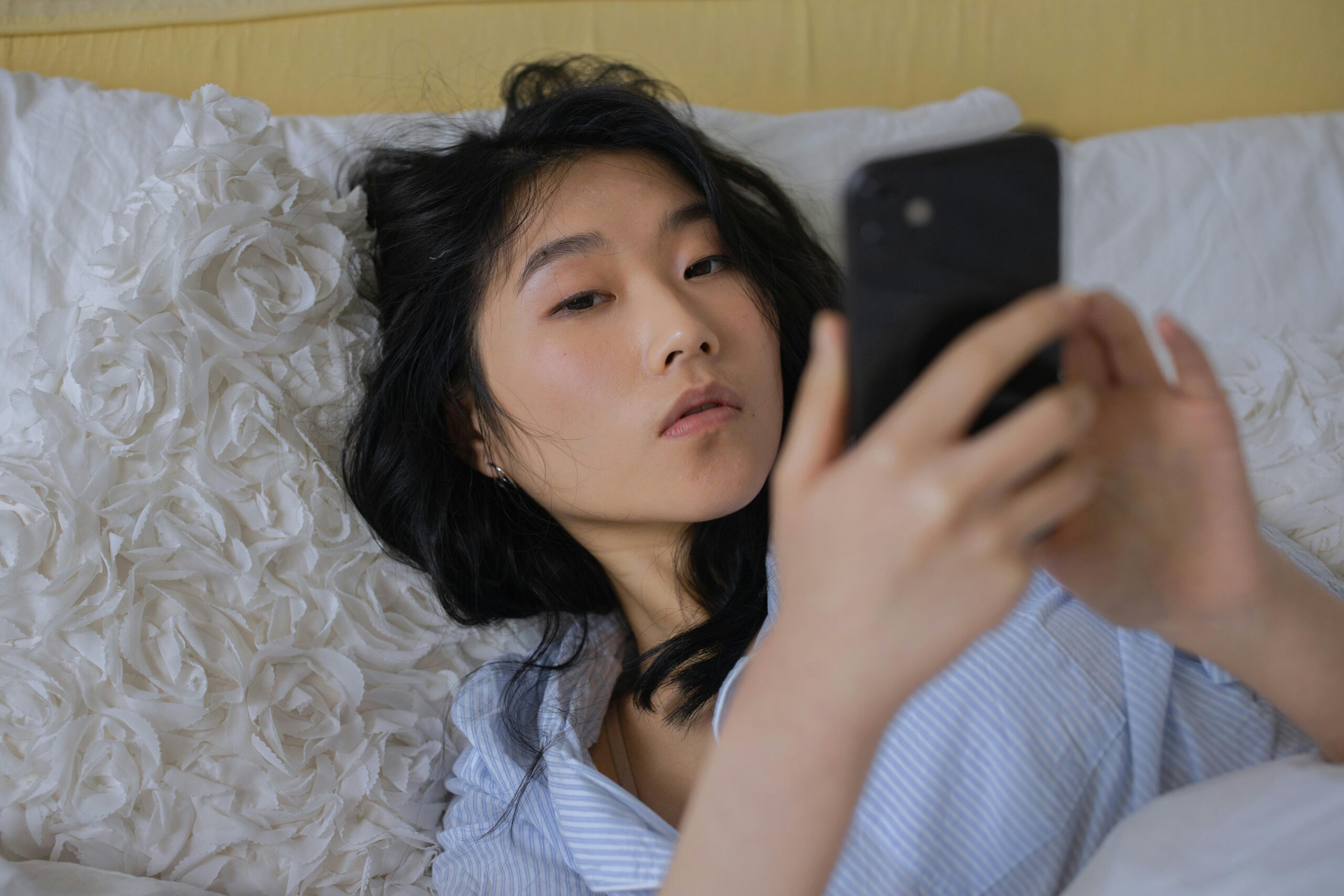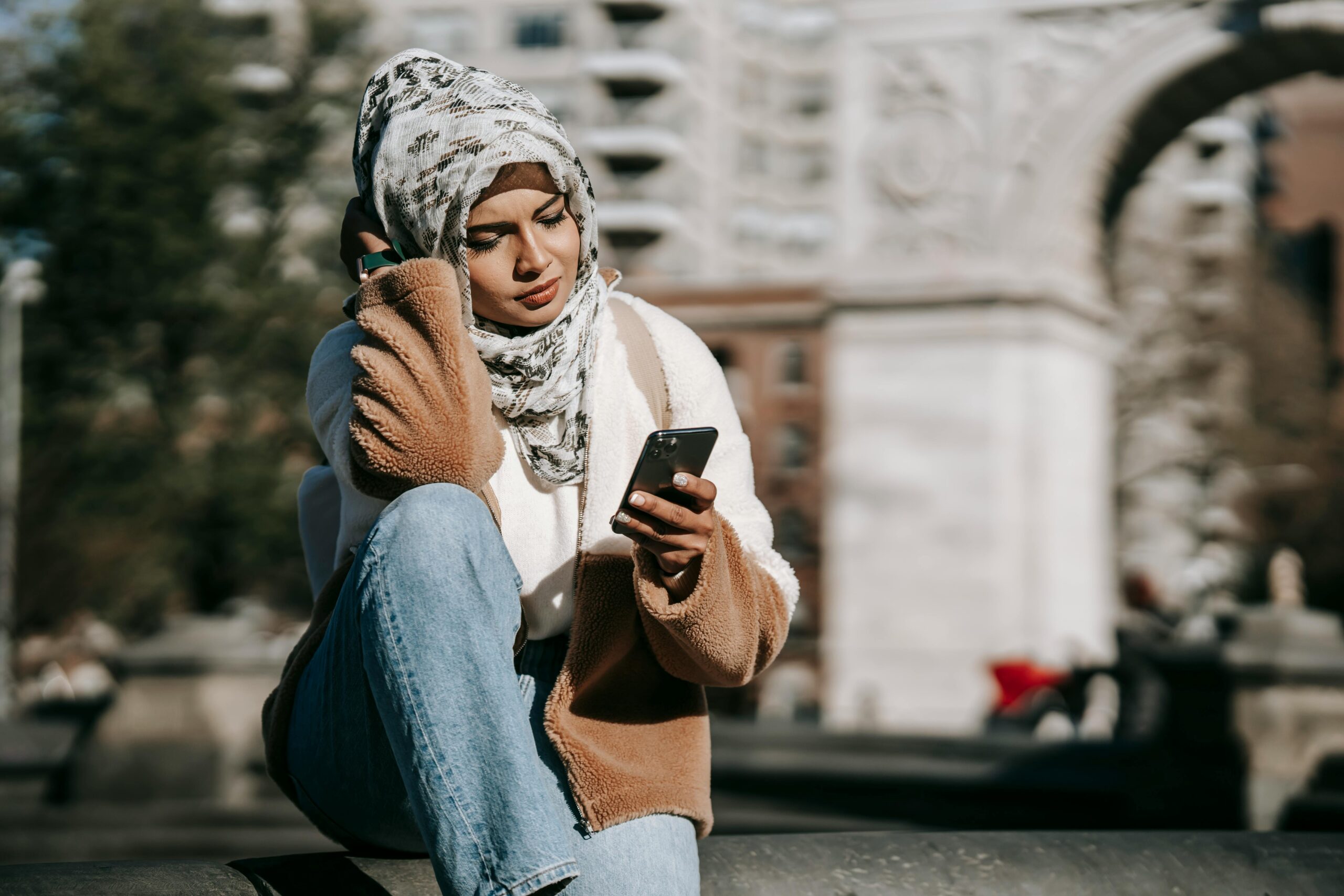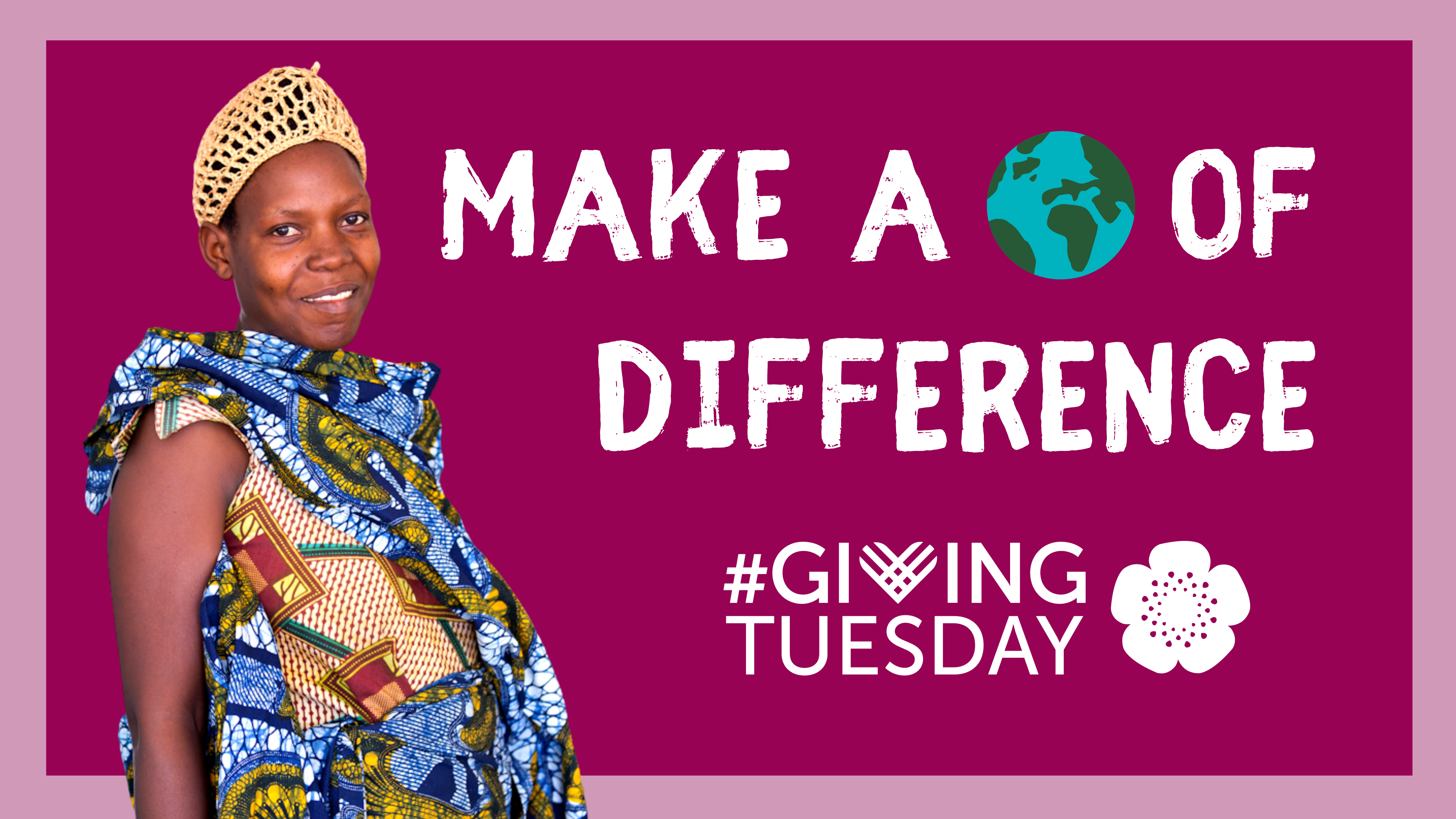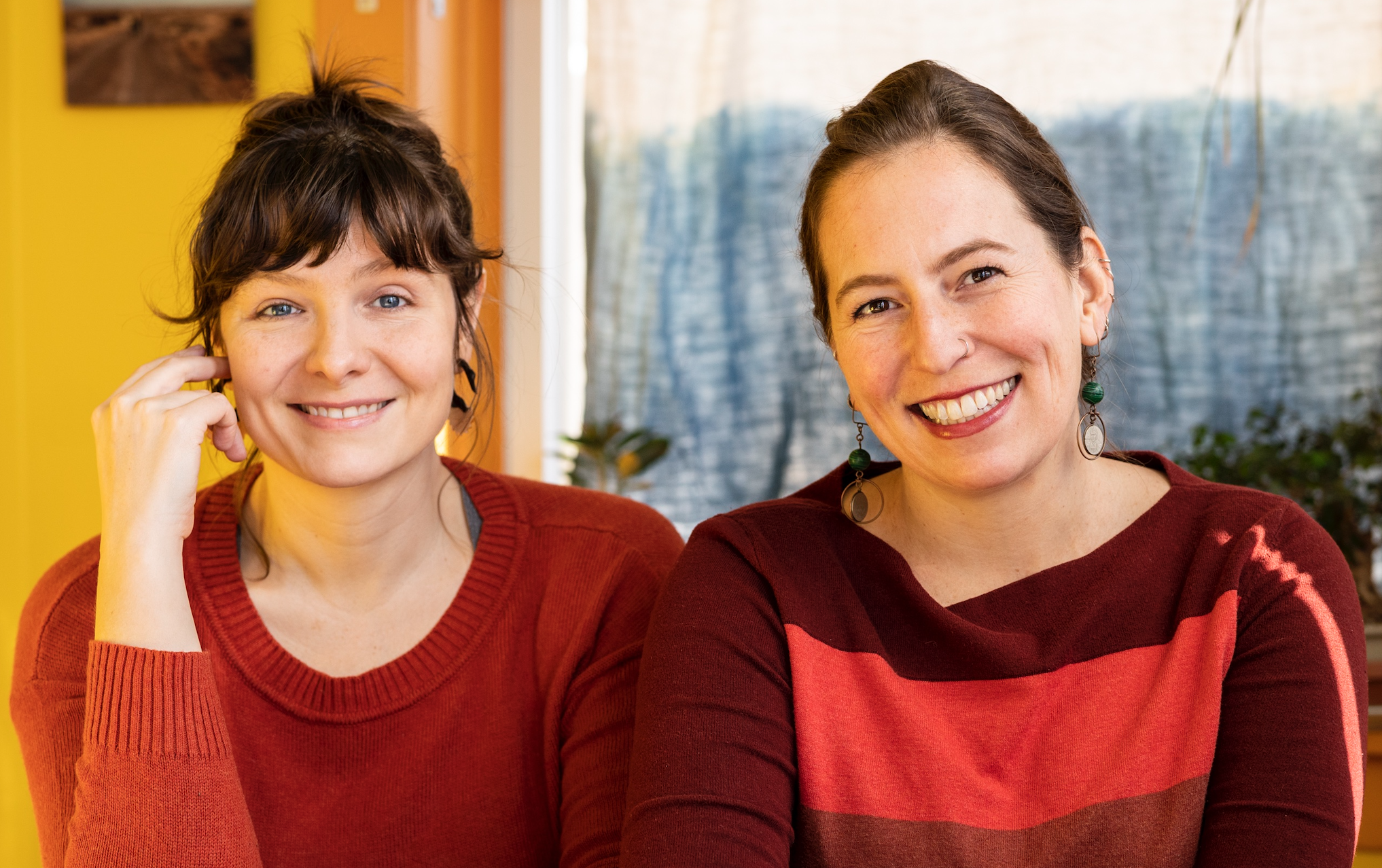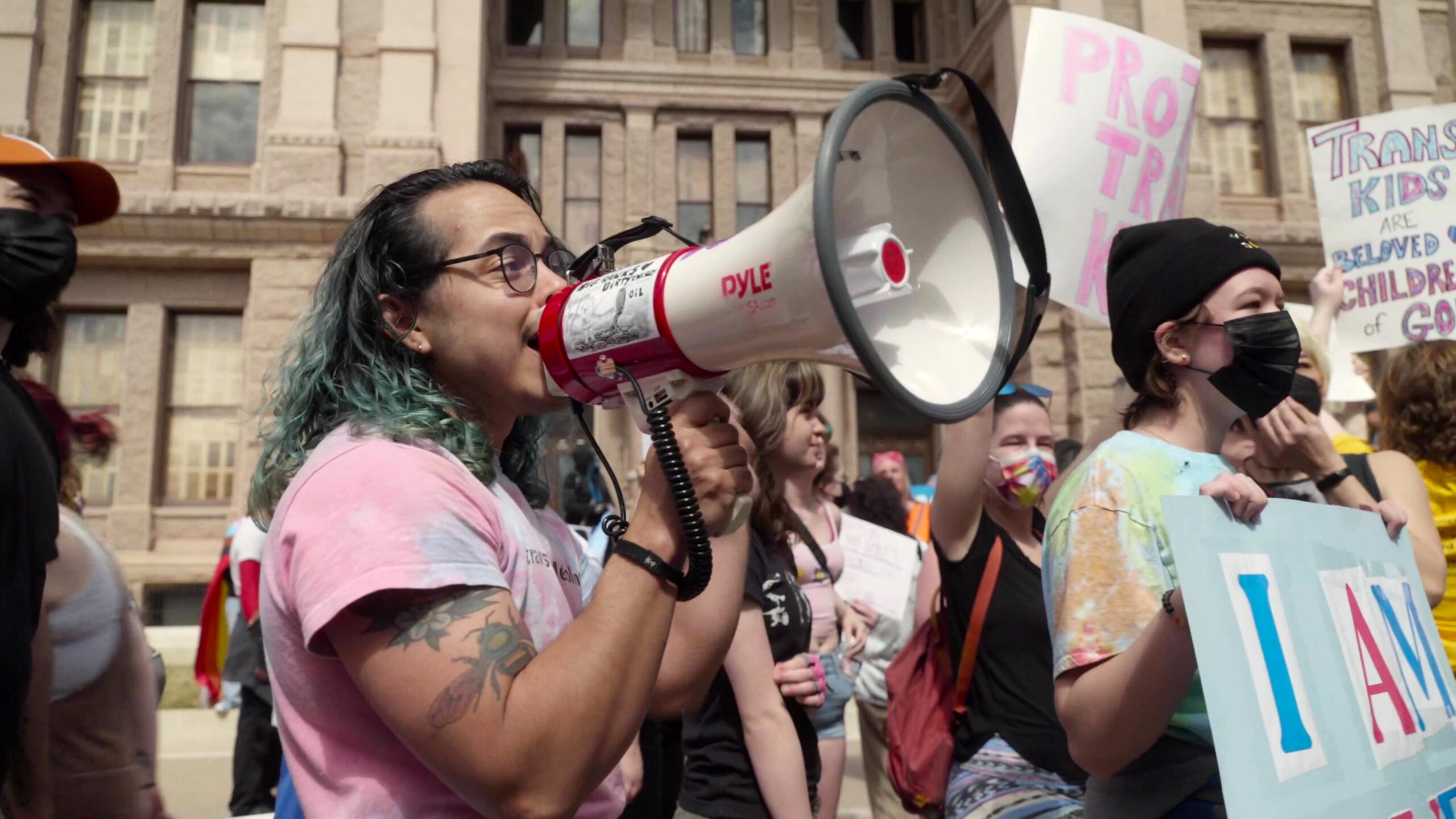
Gender equity is woefully overdue-we cannot wait any longer. Yet gender equity will wait, just as it has for thousands of years, until women and men and people of all genders co-create it together. One-sided solutions are not enough, and shame and blame will get us nowhere. The new pathway to healing and creating right relations between the genders can only be forged by courageously confronting gender injustice from all sides, and moving through the ensuing “collective alchemy” to transform gender injustice from the inside out.
Inspired by the principles of Truth and Reconciliation developed by Archbishop Desmond Tutu in South Africa, the Gender Equity and Reconciliation International (GERI) process has been implemented over three decades for thousands of people on six continents. Guided by the twin powers of truth and love, and supported by skillful facilitation, the GERI process-as demonstrated in this book-creates safe forums to empower the unraveling of gender and sexual conditioning with alchemical depth and acumen, and initiate a whole new culture of gender relations and beloved community.
GERI leaders and participants, William Keepin and Cynthia Brix, recently released a book titled ‘Gender Equity & Reconciliation‘, published by Hohm Press. The book documents the Gender Equity and Reconciliation International (GERI) project, including personal stories and first-hand accounts from a number of people from around the globe, sharing how the GERI program changed their lives and shifted their thinking around gender and equity.
With contributions from dozens of GERI participants, twelve distinguished world leaders in related fields, with special inserts from such notable persons as Stanislav Grof, M.D., Jetsunma Tenzin Palmo, and Peter Rutter, M.D., this book is an invaluable resource for laypersons and professionals, politicians and psychotherapists, educators and religious leaders, who are eager to discover new proven pathways to transform gender-based conflicts and address the needs of young and old in their homes, therapy practices, organizations, and congregations across the globe.
Actor, author and changemaker Justin Baldoni has described gender equity as the one certain step to healing humanity, adding that “This book and the GERI program illuminate a path to do just that.”
We were fortunate enough to feature an excerpt from the book. The chapter takes a dive into the importance of intersectionality when it comes to gender equity actions, and the impact on BIPOC communities.
CHAPTER 11
Intersectionalities and BIPOC Communities
I want there to be a place in the world where people can engage in one another’s differences in a way that is redemptive, full of hope and possibility. —bell hooks
Intersectionalities of gender with sexual orientation, race, gender identity, culture, and ethnicity have long been an important aspect of the GERI work. The crucial need for sensitive and skillful embrace of intersectionalities became abundantly clear when GERI was first invited to India in 2001, and South Africa in 2003. The program has been adapted accordingly to accommodate a broad range of intersectionalities, and today many GERI workshops and events are attended by highly diverse groups, which contributes to the strength of the program itself, and greatly enriches the experience for participants.
The specialized GERI BIPOC programs convene dedicated spaces for Black, Indigenous, and People of Color to do their gender healing work together. The facilitation teams for these workshops are all GERI facilitators of color, and the programs are designed to create rare forums to delve deeply into gender injustice and dynamics in a BIPOC space.
Myra Kinds, GERI Trainer and the BIPOC and Intersectionalities Lead, begins this chapter with her perspective:

There is no such thing as a single-issue struggle, because we do not live single issue lives. —Audre Lorde
I was once on a panel representing Black clergy. I recall a question posed by a young Christian Black man in the audience. Why do I describe him that way? Because the moment we enter spaces, we are often noticed less by our spoken introductions and more by historical assumptions and biases—our intersections, how we are seen, and what others believe about our lives, based merely on outer appearances.
The participant asked with concern, “How can I step into my role at my place of employment and do my job, without the other parts of my identity getting in the way?”
I met his question with a rhetorical question: “Then who, exactly, is walking through the door?” I then told him that leaving any part of himself at the door would be like walking through the door naked, and that would be a disservice to himself and his organization.
I am a Christian woman—and an African, born in America. I am a wife, mother, sister, minister, and sacred vessel. I identify as “she/her” and embrace and protect my divine feminine. I am the Gender Equity and Reconciliation BIPOC and Intersectionality Lead. As I sit in my role, I sit as my whole self, representing others in our community and those who may desire to join yet are unsure if this is a space for them, and wondering if they will need to leave parts of themselves at the door.
BIPOC stands for “Black, Indigenous, and Persons of Color.” In other countries, there are different acronyms that describe individuals whose ethnicity/race makes them the “other” in the room, even in their own birthplace. This added description for our identity has almost guaranteed common lived experiences and disparities. No matter male, female, or orientation, the BIPOC categorization presents the other layer of challenges and stories yet to be fully told.
When explaining GERI, we say: “We create safe forums for people of all genders to have intimate and often taboo and sensitive conversations around gender and sexuality, without shame or blame. In this process, we are invited to bring our personal stories of pain and suffering into the open and speak truth to our gendered experience—not as victims, but as witnesses to our lives. The purpose is not to wallow in our pain and suffering, but to bring them forward into the light, and jointly confront them as women and men. Together we heal and transform, and move toward a newfound place of wholeness, mutuality, and renewal that goes beyond equal rights and mutual respect to a place of mutual reverence.” This is the heart of GERI.
Intersectionalities are always present but often invisible. When we meet someone for the first time, we typically see that person only at “face value” and through our personal filters of conditioned beliefs, perceptions, and often projections. This happens to me all the time. I can walk through a door just like anyone else does, but most people don’t see me first as a woman or even notice what I’m wearing. What they see first is that I’m Black and with that comes all kinds of thoughts, feelings, expectations, and assumptions from the person I’m meeting. So, there frequently are obstacles and barriers—subtle and overt— that have to be worked through before we can even begin to get to know each other on a deeper level.
The flip side is that usually when any one of us walks into a room of strangers, we enter with a certain level of caution and perhaps anxiety, wearing a “mask of protection” and revealing only a small part of ourselves. This is because we need to be sure that the people and the space are safe enough for us to feel comfortable showing other parts of ourselves. So often there are many extensions of ourselves that we don’t let others see.
This is particularly true for people who have been marginalized on a personal, cultural, and/or historical level. So, as GERI facilitators we are always working to be aware and sensitive to who is in the space, and to ensure that everyone feels welcome and invited to bring their whole selves and their full story—extensions and all—to the table. If we don’t open and invite the unseen and invisible parts of ourselves in, we won’t heal. Healing is possible but we have to do it in community.
As GERI welcomes in this 30th year anniversary, we are even more committed to creating space and opportunity for all lives to be fully seen and stories to be heard in this healing space, with all its intersections. We look forward to welcoming more BIPOC voices, learning what we do not know and holding space for all who will come. The BIPOC space is fully a part of GERI and does not imply that we must do this work segregated. Instead, we acknowledge that this is another entry place to start on the journey.
The voice of GERI BIPOC can be summed up in this shared experience from GERI BIPOC’s online introductory sessions. When we entered the space, we did not realize that we were still holding parts of our stories in our breath until we exhaled. It was like a familiar scene, coming to sit at the family gathering. We had experienced and witnessed each other. During the retelling of stories, we exhaled together. There was no code switching and no hesitation to express our passions in this space. We shouted together and breathed together. We could look around the space and see ourselves in our complexions, hear ourselves in our accents, and reconnect with ourselves and one another in our silence. This is a space that some may not think is even possible, and yet it is.
In 2018, we convened our first North American GERI workshop for People of Color (POC), entitled #WeToo: People of Color Healing the Gender Wound. This workshop was held in Seattle and brought together an intimate group of 13 dynamic and inspiring people across different ethnicities, nationalities, and cultures. Together the group delved deeply into stories of challenge, pain and personal wounding from gender oppression, racism, and white supremacy—courageously opening their hearts and listening intently to one another with compassion and love. The sacred space was both healing and liberating, reigniting the spirit of Ubuntu and mutual harmony that lies at the spiritual heart of humanity. Below is a personal account of the workshop.
The following account shares the powerful story and background of a man who participated in a GERI workshop with a diverse group of participants in San Francisco, highlighting the unique challenges he faced growing up as a Latin American immigrant in the United States:
I was born in Cochabamba, Bolivia, as the youngest of seven children. I had three older brothers and three older sisters, and at the age of three my father was forced to escape Bolivia due to being persecuted and pursued by the military police. Though I no longer remember it, I believe the first significant trauma in my life happened on the fateful day when my father was chased through our home until he leapt over the courtyard wall, not to be heard from again until he sent the money that allowed my mother and the seven of us move to the USA to join him some ten months later.
We arrived in Providence, Rhode Island in July of 1968 and moved into a home in a predominantly African-American neighborhood during the height of the racial tension of that time. As new immigrants unfamiliar with the language, culture, and norms, we were on the receiving end of targeted violence and assault. Our home was vandalized and the garage of the rental home where we lived was set on fire. It’s clear in hindsight that as a sensitive boy of four I was deeply traumatized. I experienced my first assault at the age of five, when two teenage boys attacked me as I walked home from kindergarten. I also witnessed my brothers and sisters get attacked by gangs of kids from the school we attended.
My father and mother were under immense pressure to work multiple jobs to support us. On top of that, they were driven by a mission to save money and buy a home in a better neighborhood. It was in this early childhood environment that my gender conditioning began. My father’s discipline was at times extremely harsh, particularly his discipline of my brothers and me. Beatings with belts and harsh reprimands from both my parents were common. In hindsight, I realize that as a very sensitive and empathic boy my tendency to cry easily was a byproduct of the trauma and stress we were all under. I learned early that crying was harshly discouraged. Both my parents and my brothers would often say to me, no seas un maricon (don’t be a wuss), and no seas un lloron (don’t be a cry baby). I grew resentful that my parents comforted my sisters when they cried but did not give me the same nurturing response.
We eventually moved to an exclusively white working-class neighborhood, where the violence and discriminatory attacks continued. Given these attacks and targeted discrimination from our school peers, my oldest brother began “training” me to box and defend myself, often roughing me up in the process, in order to “toughen me up.” From my adolescent years through my high school years, I responded to discriminatory remarks with fisticuffs, and since I excelled at sports, I often exacted revenge on my aggressors on the field.
I chose to isolate myself rather than develop friendships with my teammates and school mates. I was essentially a paradox in high school, as I excelled in both sports and school but lived a loner existence. Despite being a relatively good-looking young man, I did not date much, which led to an increase in my social isolation. Looking back on it, I realize that my self-isolation was a way of insulating myself from the harsh locker-room banter that most boys engaged in, and my lack of dating was a way of protecting my heart. This social isolation continued into my adult years, and it left me looking for all my social and emotional needs in my romantic relationships. I was very guarded emotionally, and walked around in a suit of armor, never fostering friendships either at work or outside of work. In my marriage I tended to be very domineering and controlling, to protect my heart.
My search for healing was initiated by the sudden passing of my life partner of 29 years, almost 5 years ago. She and I had planned to launch a workplace diversity and inclusion consulting business that never came to fruition. At that stage in my life I had not worked in the diversity and inclusion space for a few years, but her death drove me into an existential crisis that prompted my search for meaningful work in the diversity and inclusion world.
Lo and behold, in August of 2017 I came upon a Facebook post by a friend who had just attended an introductory workshop with Gender Equity and Reconciliation International. The name of the organization piqued my curiosity and prompted me to visit the website. That evening I spent over four hours combing through videos and written testimonials. The work spoke to my heart, and it aligned with my deeply-felt belief that women’s equity is the number one most important human rights issue in the world. I decided that evening to attend the next workshop, which was to take place in San Francisco, California. Six weeks later I attended my first workshop.
Within the first half day of the workshop, I knew that I needed to become involved in this organization in a meaningful way. Over the course of the workshop, I also experienced profound healing from hearing the “gender stories” of white men, the segment of society that I viewed as my primary oppressors during my formative years growing up in a working-class neighborhood. Completing the weekend workshop opened my heart, mind, and soul in a way no other diversity and inclusion workshop or training I had attended or facilitated had ever done.
This next story comes from a young woman’s first experience of a GERI workshop, her distinct experience of womanhood as a woman of color, and her transformative insights into her own story that were revealed and opened through the process.
My father went to prison two weeks after I was born. The nature of his charges, and his African-American heritage, meant that he was given a 40-year sentence, an inordinately long punishment for his crimes. I was raised by a mother who was healing. This was my beginning. I learned that being a woman meant surviving, taking it all on so that no man could let you down. I learned to distract myself from the loneliness by achieving. I learned to take before I was taken from.
During my four-day GERI workshop, I found that my story of womanhood differed from the white women I shared space with. I felt myself drawn instead to the stories of the men, and the narratives of the guilt and shame they felt for harm they’ve caused. I realized the distance I felt from the grief of my up- bringing: the sadness I felt around growing up without a father, my lack of male friendships, my own #metoo stories, and the gap I felt between myself and men I chose to be in relationship with. In listening to these men, I felt the cool wash of the recognition of a rejected side of my identity being illuminated by a side I called another name.
I wasn’t a victim, I was a survivor, but I didn’t realize that “survivor” could be the mask I put over my pain’s true quality: that of a perpetrator, one who has caused harm. As I sat in the outer circle and listened to the men share their stories of confusion and shame, constricted by the small box that couldn’t contain all of who they are, I cried with them with earnest empathy. And when we created a ceremony to honor them, helping them to move past their pain and the pain they’ve caused, I recognized my own capacity to not only feel empathy for the shadow of the perpetrator our society demonizes, but also to celebrate these men in all their fullness and complexity. And I realized that if I could celebrate them, even with their capacity for harm, then I could celebrate myself.
After the workshop I decided to visit my father for the first time. Through this reconciliation work, he and I were able to meet each other in the present moment and begin the long journey of knowing each other: me in all my unfinished growth and him 29 years sober and grateful for the freedom to step on the earth without meeting concrete.
There’s much I could say about what I learned and its ripple effect in my life. It wasn’t a grand epiphany about men or women, or my discovery or separation from any particular narrative… But for me, a major shift occurred when I accepted that I hold within myself the power to harm and be harmed and to love and be loved through everything. Is that not the full human experience? This is what GERI gave me in just four days.
You can order a copy of ‘Gender Equity & Reconciliation’ by clicking HERE, and learn more about the GERI program via the website. You can also follow GERI on Twitter, Instagram and subscribe to their Youtube Channel.











